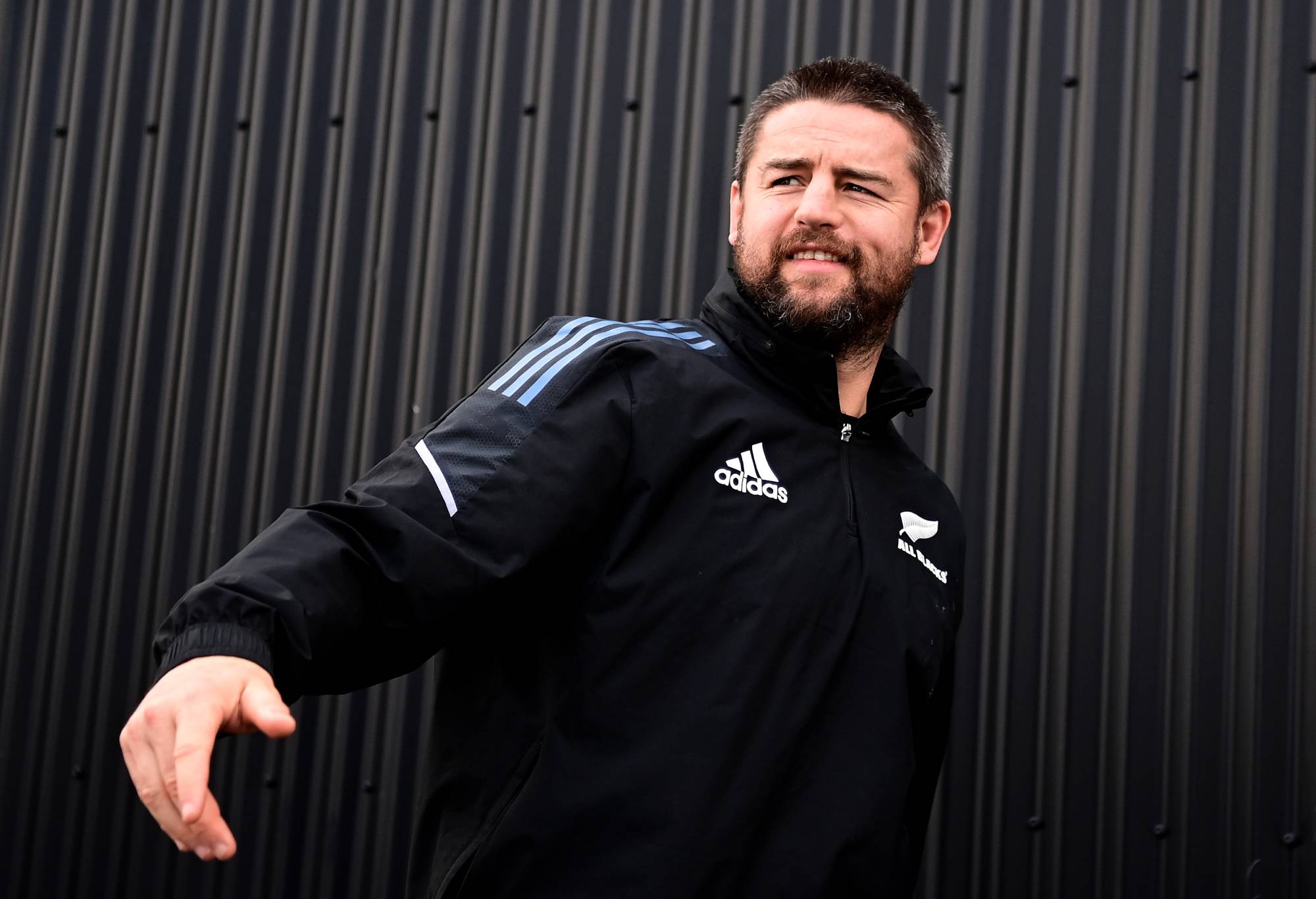Fozzie’s ”toughest call’ and what message it sends to the All Blacks

He may not be everyone’s idea of an All Blacks head coach but when Ian Foster says how difficult it has been for him to drop Dane Coles from his RWC final equation in France, no one can dispute his sincerity.
This time it’s different to when Foster had served it cold to curfew-breaking winger Mark Telea for the all-important quarterfinals against Ireland a fortnight ago. That’s primarily because Telea is a newbie who will grow from that experience.
Coles? To look the veteran bench hooker in the eye to inform him he didn’t make the muster is brutal but professional from Foster. It marked an unceremonious end to the RWC campaign for Coles who had played scant minutes against Ireland, replacing Codie Taylor.
In another cruel twist, just before the Argentina semi-final demolition last weekend, the grinning 36-year-old didn’t mince words on the thought of not kicking off against the Springboks at Stade de France .
Again, Foster showed “tough love” to his players.
“Yeah, tough,” Foster said of Coles, unable to hide the pain etched on his face as he looked down at the table before the media scrum. “That was a tough one. Probably the toughest I have had as a coach.”
Warm fuzzies aside, the Foster message on the Coles Effect is loud and clear. The ABs cannot risk penalties, never mind yellow/red cards when Boks veteran Handre Pollard will make them pay, like a parking-meter maid slapping chits on the car windscreen of a forgetful motorist.
Dane Coles. (Photo by Hannah Peters/Getty Images)
This is how former ABs head coach Steve Hansen had described Coles, after the TMO had labelled his tackle on Nic White as a “judo throw” in 2019: “… So you’re going to get moments where he could do something that you would probably classify as dumb. And that was right up there, as good as it can get, when you’re dumb.”
Okay, that’s a two-edged, loveable rogue description but, nonetheless, a resounding definition of an AB who is a liability. It’s endearing when a fan describes him as “the huhu grub of NZ rugby. Small, round and revolting but highly nutritious to our winning prospects when prepared correctly” only a year ago.
It didn’t help when Los Pumas No.8 Pablo Matera had declined to shake his hand after a Hamilton Test match in November last year. Amid incessant sledging in the match, the Argentine had revealed, a month later, that Coles had said “ you don’t belong here”. Matera had helped the Crusaders clinched the Super Rugby Pacific title as an import player.
Fundamentally, Coles becomes a loose cannon when tanked up on high-octane, unleaded emotions. He divides the nation. Those who yearn for a “mongrel” who crawls under the skin of opponents when push comes to shove. Then there’s the anti-niggle clan that sees Coles’ behaviour as “obnoxious” and out of touch with professionalism.
The bottom line is how referee Wayne Barnes would perceive his antics, never mind his fellow English trio who’ll form the four-point control. Ironically Barnes’ microphone had caught Coles’ abusive tirade against an injured Irish player, Rob Kearney, in 2018.
Joe Schmidt, who is among mentors in Foster’s coaching stable, had been at the helm of Ireland that day. It seems the selection panellists have erred on the side of caution over sentimentalism.
Despite Scott Barrett’s recent flirtation with yellow and red cards, Foster & Co feel he is in better control of his faculties.
Should the ABs lift their fourth RWC title, the glow on Coles’ gold medal may not feel as warm. Nor might the hugs from his teammates and coaching staff.
It’s a lesson for aspiring athletes worldwide to comprehend that sometimes less is more.
